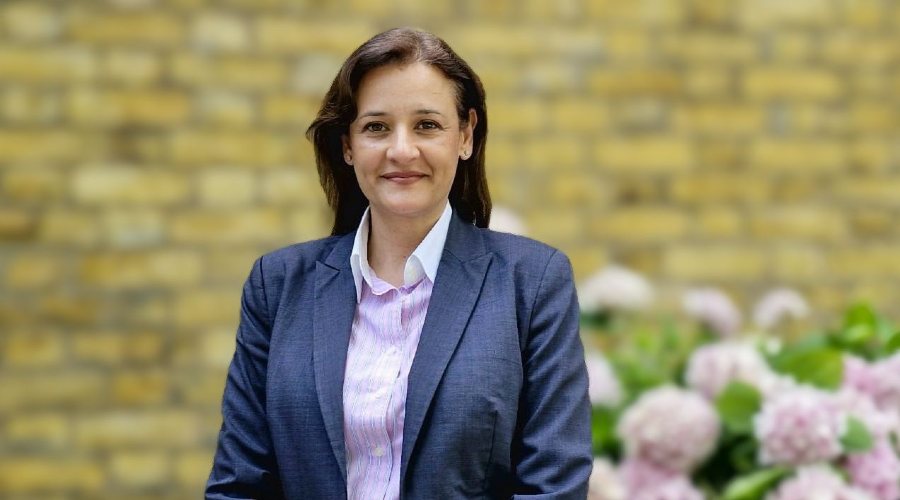The parish church is the bedrock of the Church of England. That Church’s claim to be the national Church rests in part on the fact that every person and place in England (as in Wales) is within a parish and within the pastoral care of ministers responsible for that parish.
All residents of a parish have the right to attend divine service in the parish church, and rights to baptism, marriage and burial subject to certain conditions.
Parish churches come into contact with the law in a variety of ways. Parochial Church Councils are registrable charities and must work within the requirements of charity law. Those parishes which are large enough to employ staff should have an understanding of what it means to be an employer. Parish clergy need to be competent in understanding their role within the system of burial and marriage law. Parishes may own property such as a church hall and may be responsible for maintaining a churchyard. Data protection and safeguarding children and vulnerable adults raises difficult legal and practical issues.
[rotator]
We are able to help parishes with the following
- Chancel Repair Liability.
- Charitable giving, fundraising and Gift Aid.
- Church and parish halls and institutes (including Albemarle Schemes).
- Church closure.
- Church property, income and assets.
- Church reordering.
- Churchwardens.
- Churchyards and their regulations.
- Consecrations and the removal of the legal effects of consecration (sometimes referred to as "deconsecration").
- Employment and pensions.
- Faculty jurisdiction.
- Law and rights of burial.
- Licensing (music, photographs, filming).
- Liturgy and ministry.
- Local Ecumenical Partnerships.
- Marriage, baptism and confirmation.
- Parish reorganisations.
- Patronage.
- PCCs and other church councils.






